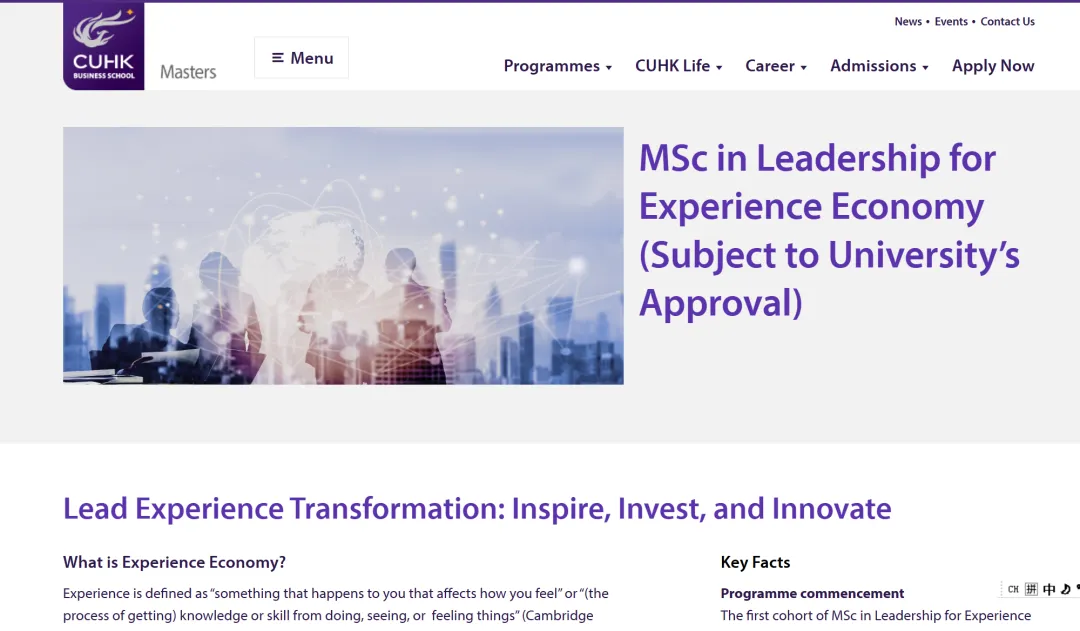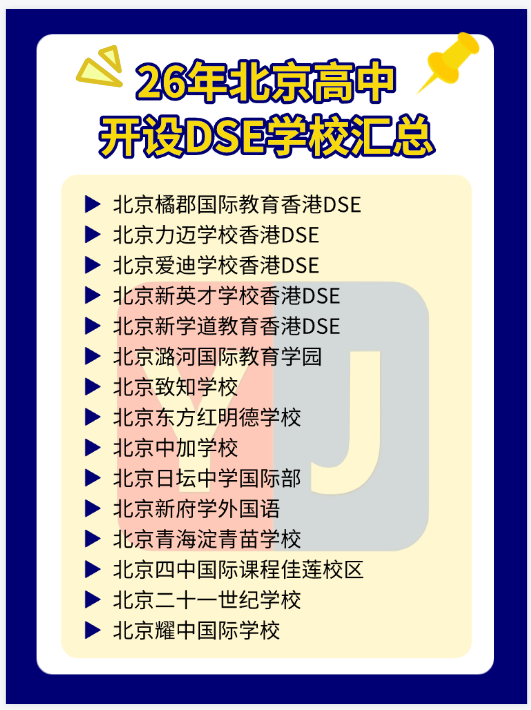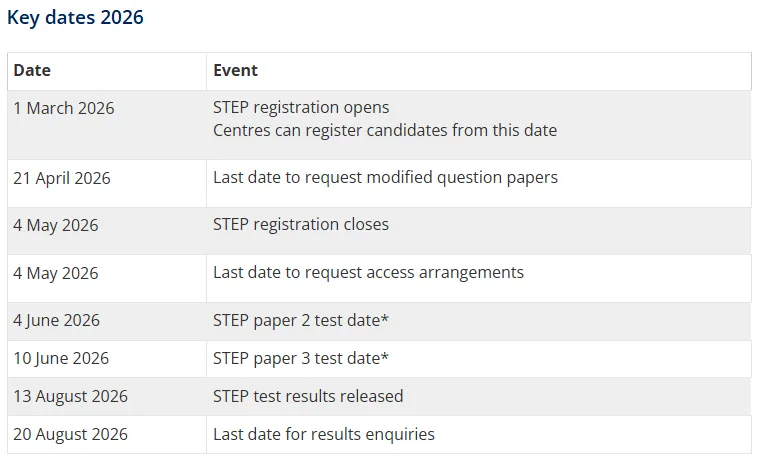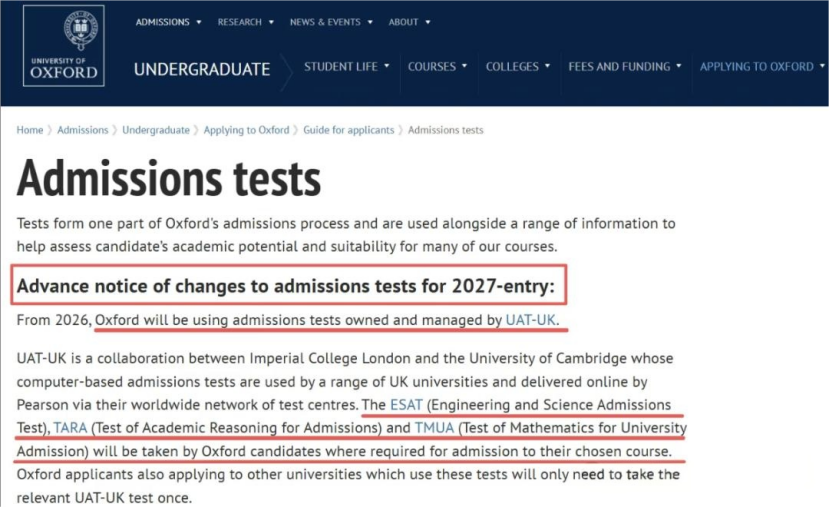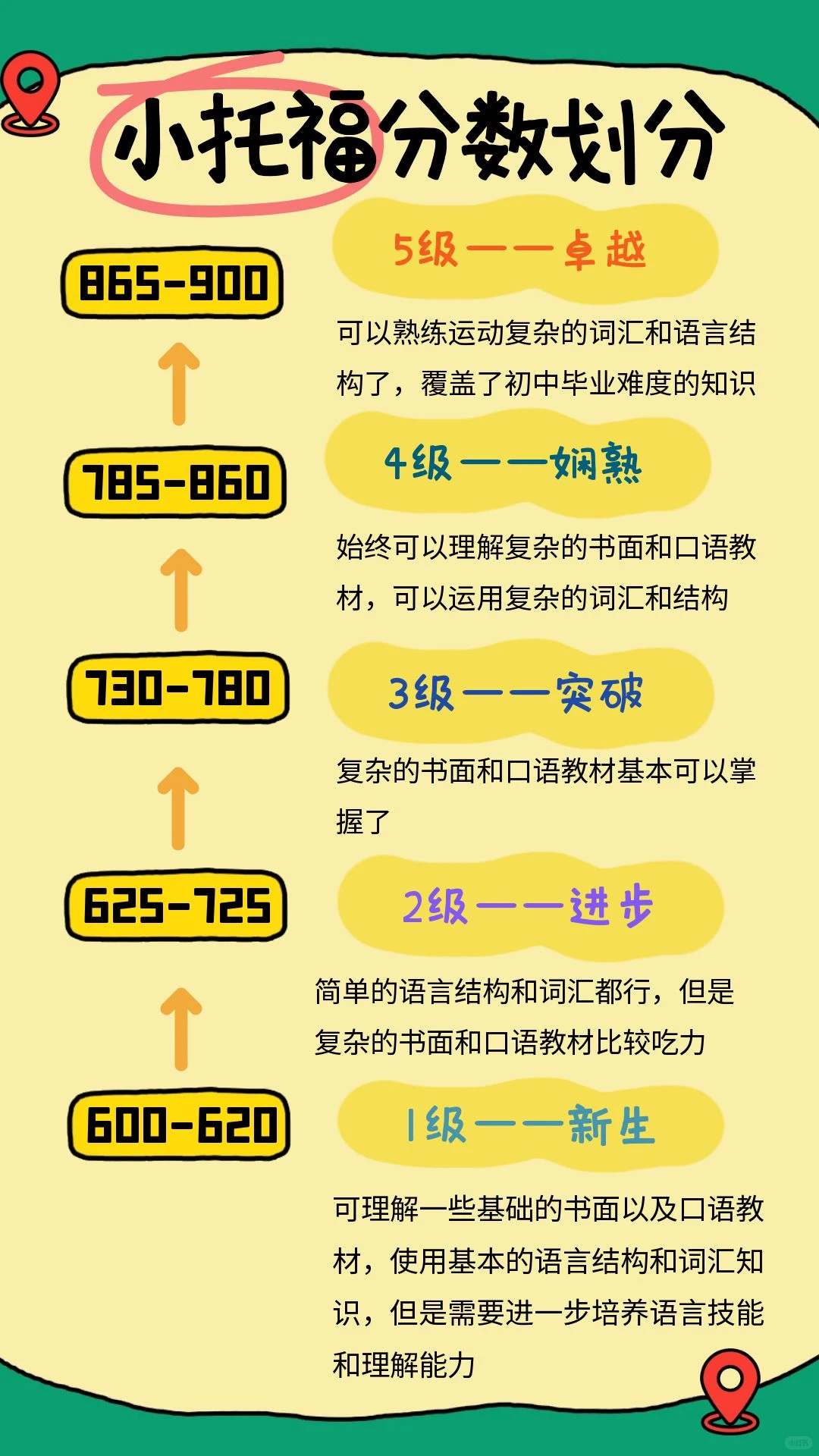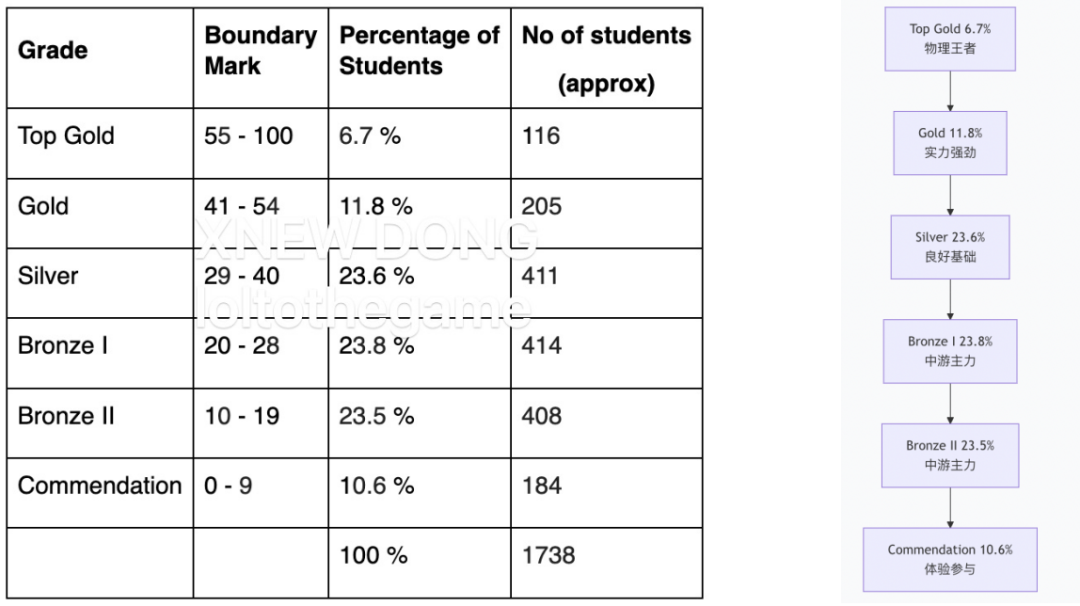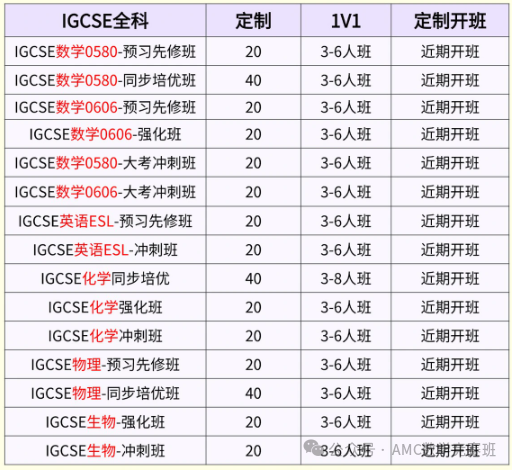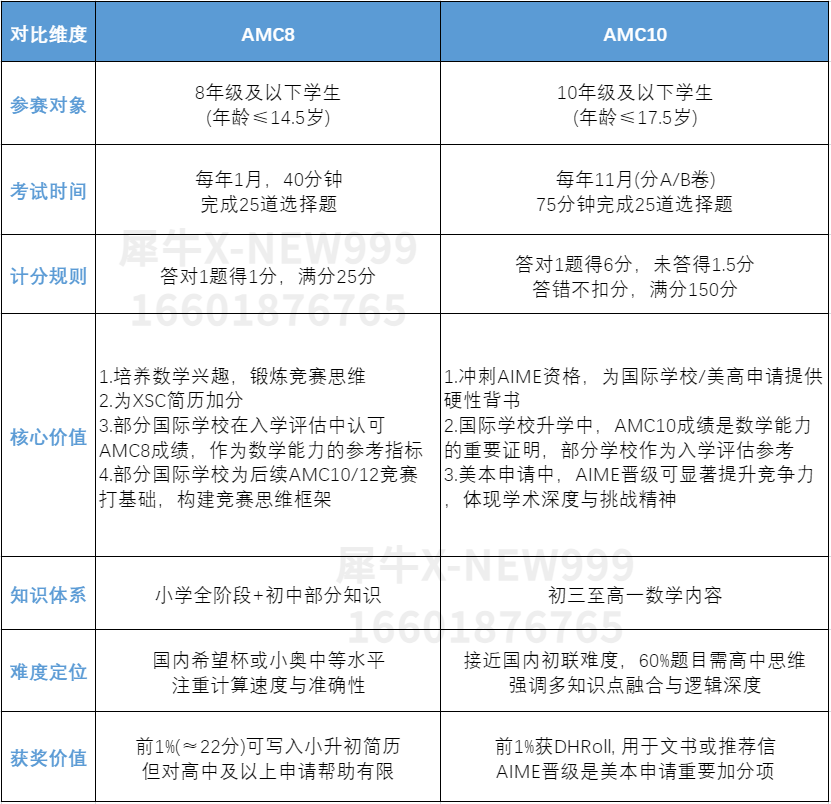2026年秋季申请已进入关键期!申请提交窗口已开启,截止时间近在眼前,千万别因时间误判或文书 “走捷径” 而遗憾错过。
UC申请截止时间提醒
2026年秋季入学的加州大学(UC)本科申请提交窗口已开启:
提交时间:2025年10月1日 – 12月1日(太平洋时间 11:59 PM)
⚠️官方截止时间为 12月1日,但建议学生最晚在11月30日前完成提交,以防系统拥堵或技术问题导致申请无法递交。
On the Use of AI in College Essays:为什么坚决反对用 AI 写申请文书?
在当今数字化时代,人工智能(AI)技术发展迅猛,不少同学在准备大学申请文书时,可能会考虑借助 AI 来助力。然而,使用 AI 生成大学申请文书存在诸多问题,并不值得提倡。
下面分享 Ms.Pont 的文章《On the Use of AI in College Essays》,值得每一位申请者仔细阅读:
我第一次帮人修改个人文书是在一台 Mac Classic 上。那是一位高三学生,我曾经教过他初中英语,当时他就坐在我旁边。我非常了解他,读他的文书是一种享受。当我改动了一个比喻的措辞时,那位学生大笑着指着屏幕说:
“如果我被大学录取,那就是你的功劳!”
后来,他通过提前录取进入了斯坦福大学。
从那以后,我读过上千篇大学申请文书。每当我阅读这些文书时,都能清晰地“听到”学生们的声音——真的,就像他们在我面前朗读一样。同时也欣赏每一篇文书在故事和叙事口吻上的独特性。当我调整一个描写或修改一个句子时,我一定会小心翼翼地贴合作者原本的表达风格。我绝不愿破坏这种独特的“声音”,因为一旦这么做,整篇文书的灵魂也就被削弱了。
可想而知,对我来说,辨别文书中是否使用了人工智能(AI)并非难事,实际上,这种判断几乎是瞬间就能完成的。我可以详细列举出 AI “露出马脚” 时的种种特征,但它造成的最大伤害,是对文书“完整性”的破坏。无论是故事本身,还是叙事口吻,都会变得千篇一律、平淡乏味,带着一股机械感。当然,AI 写出来的内容语法无可挑剔……但没有哪所大学愿意录取一个语法精湛的“机器人”。
更重要的是,没有任何大学愿意录取一个把 AI 生成内容冒充成自己作品的学生。
举个例子:我最近参观了弗吉尼亚大学。参观之旅从美味的南方特色饼干开始,接着是教职员工们精心准备的介绍,随后是该校学生热情引导的校园游览,最后以招生主任的总结发言收尾。在这一天唯一气氛严肃的时刻,是招生主任严厉批评了在大学申请文书中使用 AI 的行为,并明确向在场学生表示:
“如果招生官怀疑某份文书使用了 AI,那么该学生绝对不会被录取。”
当然,用 AI 写文书确实省时又省力,最终的成品也的确显得“精良”,你或许能侥幸蒙混过关,但使用 AI 不仅风险极高,更是一种懒惰的表现。
“高风险”加“懒惰”?这简直是最糟糕的组合。
与其这样,不如花些时间,写出一篇或许存在些许语法瑕疵、但充满人情味的原创文书 ——这才是更好的选择。
写在最后
大学申请文书是你与心仪院校的“第一次对话”,每一个字都该是你自己的声音。别让 AI 偷走文书的灵魂,用你自己的声音为你的申请加分,才能更稳地走向梦想中的大学。
祝各位申请者,都能写出让自己骄傲、让招生官眼前一亮的文书!
📌 英文原文
On the Use of AI in College Essays
– By Ms.Pont
I edited my first personal statement on a Mac Classic, the writer, a senior I had taught in junior English, sitting beside me. I knew him well, and it was a pleasure to read his essay. When I changed the wording of an image, the senior laughed out loud, pointed at the screen, and exclaimed, “If I get into college, it will be your fault!”
He was admitted early to Stanford.
Since then, I have read thousands of college essays. When I read them, I hear the students’ voices (literally . . . it is as if they are there in the room reading to me), and I relish the uniqueness of both the stories and the voices. When I tweak an image, it is always carefully in keeping with the writer’s voice. I never want to undermine that voice because doing so undermines an essay.
As you can imagine, spotting any use of AI is easy for me. In fact, it is almost instantaneous. I can enumerate the particulars of what I see when AI rears its repugnant head, but the greatest damage is to the integrity of the essay. Both the story and the voice become homogenized, bland, robotic. Sure, the grammar is correct . . . but no college wants to accept a robot who uses excellent grammar.
And, more importantly, no college wants to accept a student who passes off AI as their own work.
Case in point: I recently toured the University of Virginia. The tour began with really great Southern biscuits, continued with thoughtful presentations by faculty members, proceeded with enthusiastic tours led by UVA students, and culminated in final words by the admissions director. In the only somber moment of the day, he vilified the use of AI in college essays, assuring students that they would not be admitted if the admissions officers suspected any use of AI.
Sure, it’s quick and easy. Sure, the end result is well-crafted. Sure, you might get away with it. But using AI is not only risky, it’s lazy. Risky and lazy? That’s a terrible combination. Best to spend the time to produce your own slightly-ungrammatical but very human writing.





